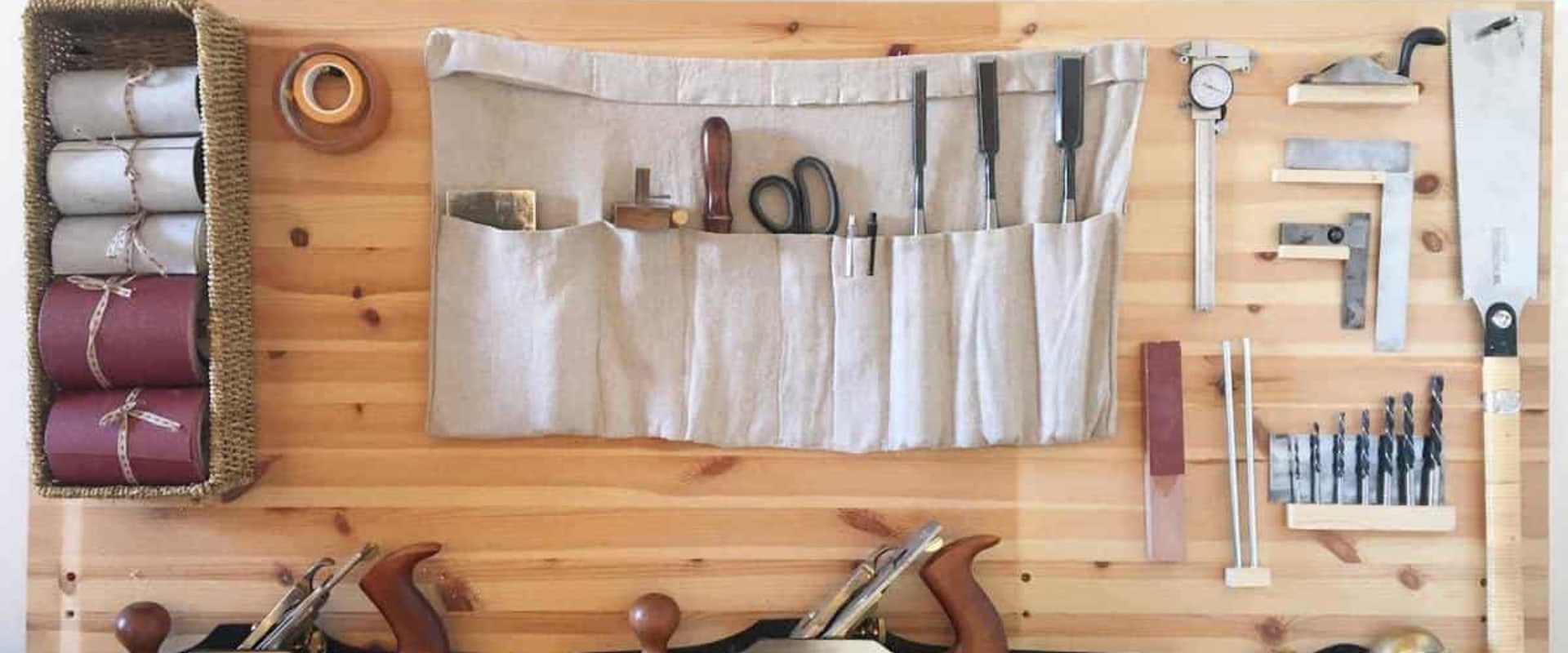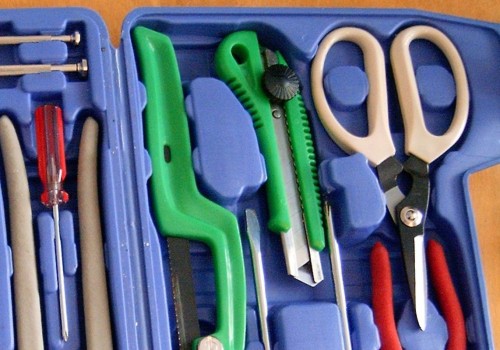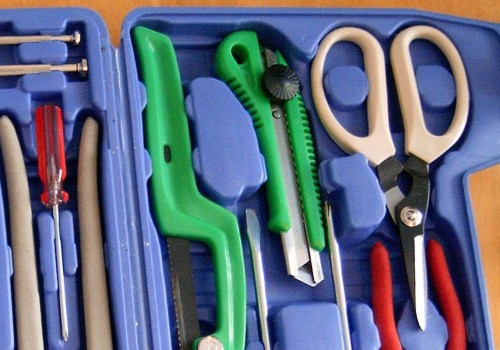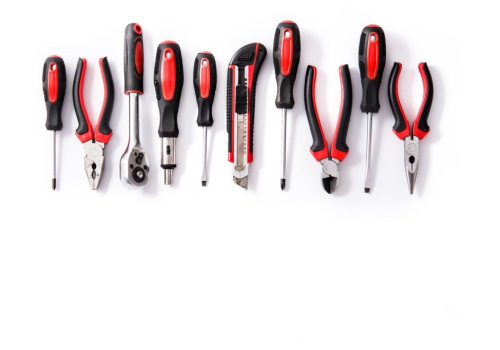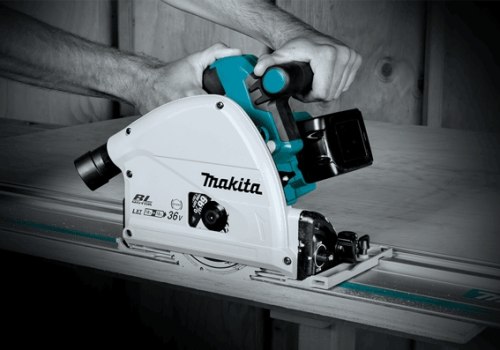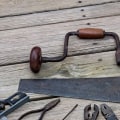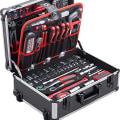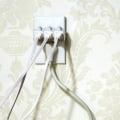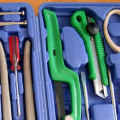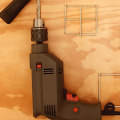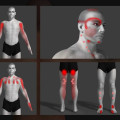Keep tools in a dry place with low humidity, away from clothes dryers, laundry rooms, etc. Store power tools in their original boxes or cases and hang garden tools on the floor. If you use a toolbox or drawers, use silica gel packs to absorb moisture or invest in antioxidant drawer liners. A useful way to store small tools is with a shelf.
You might also consider hanging a perforated board. They are perfect for hanging tools such as a pipe wrench for linemen, a tight-fitting wrench or an adjustable angle wrench. This way, your tools are easier to locate and access. Another of my ideas for storing tools is to use magnets to hang things on the wall.
Regardless of where you decide to store your tools, there are some basic ideas and tips about storing tools that you should consider before storing them. To keep your tools running smoothly and last longer, maintain them properly using the tips mentioned above for cleaning, lubricating, inspecting and storing them. So we've talked about hand tools, electrical tools and seasonal tools, but what about all the accessories that come with them? That is a difficult question. Maybe you have random screwdrivers and hammers stored in the basement, gardening tools such as rakes and hoes in the garage, and power tools stored on top of your cabinets.
However, if your hand and power tools aren't stored properly, they may not work as well in the future. These include hammers, screwdrivers and pliers, just to name a few, but any tool that doesn't require batteries or that has to be plugged in during operation qualifies as a hand tool. Place all hand tools in one place, all power tools in another, and everything you consider a seasonal tool in its own pile. They are much larger than a toolbox you would carry with you and are only necessary if you have a large number of hand tools.
If you're like most people, you probably have a wide variety of tools stored in various places in the house. I used a multi-purpose package of perforated board accessories* to hang many of my hand tools on the perforated board behind my work table. However, just like hand tools, how you decide to organize them will largely depend on how many you have, how much space you have to store them, and how often you plan to use them. If that tool comes with a small accessory, such as saw blades or sandpaper, it's also stored in those file cabinets.
